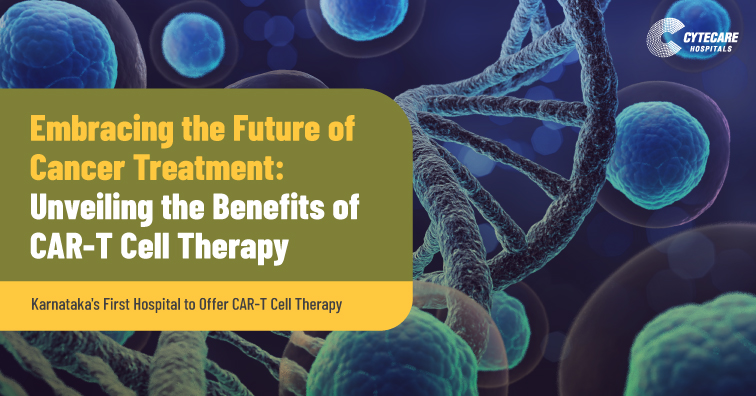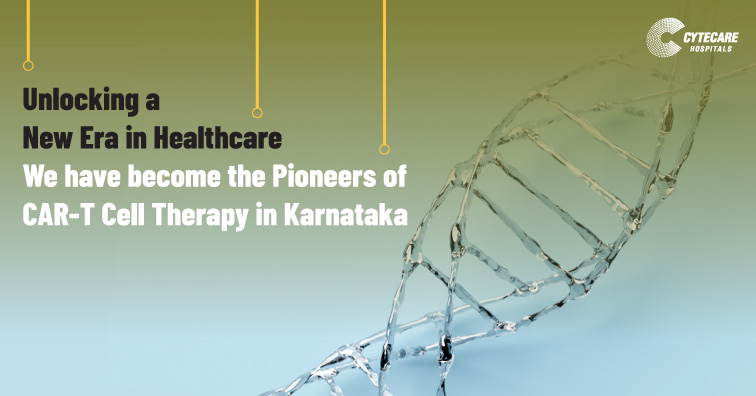What’s new in Gastrointestinal Cancers? : ASCO 2020 – Key studies & Interpretations
Author:
Dr. Harish P, Consultant – Medical Oncology
A review of the 4 most important trials which were presented at ASCO GI 2020. Overall I am impressed by the new data coming up on hepatocellular carcinoma. The standard of treatment is likely to change by this year’s end. Small but significant treatments were identified in Colon carcinoma at ASCO this year. Please look into my series of posts for an update on each cancer research.
TAPUR trial:
Advanced colorectal cancer with 3 specific genetic profiles and related targeted treatments were presented: Most patients in these cohorts had received ≥ 3 previous systemic regimens.
- BRAF V600E–mutated disease who received vemurafenib (a BRAF inhibitor) plus cobimetinib (an MEK inhibitor) (n = 30): responses in 8 patients (29%) with median PFS and OS (15.8 and 38.9 weeks, respectively).
- ERBB2 amplification/overexpression who received trastuzumab plus pertuzumab (n = 28) : Response rate: 25% and a median OS of 108 weeks.
- High tumor mutational burden (≥ 9 mutations/Mb) who received pembrolizumab (n = 27). Response rate: 11% with a median OS of 51.9 weeks.
My take on the study:
It is important to molecularly profile patients with advanced CRC and consider targeted agents for those with specific profiles.
Expectations have been particularly high, the results are a dampener. Majority of patients will not respond to targeted agents despite a potentially actionable molecular profile. But as noted by findings here, there are patients who will achieve a response or disease control.
OS finding is remarkable and confirms that many ERBB2‑amplified/overexpressing CRCs do respond well to HER2‑targeted therapy.
BEACON trial:
Encorafenib plus cetuximab with or without binimetinib for patients with BRAF V600E–mutant metastatic CRC and progressive disease after 1 or 2 previous regimens.
Both the triplet regimen with encorafenib, binimetinib, and cetuximab and the doublet regimen with encorafenib and cetuximab led to significant improvement of the median OS (triplet: 9.0 vs 5.4 months with control; HR: 0.52; P < .0001; doublet: 8.4 months; HR: 0.60; P = .0003) and ORR (triplet: 26%; doublet: 20%; control: 2%) vs standard of care (irinotecan or irinotecan-based therapy plus cetuximab) in previously treated patients with BRAF V600E–mutant metastatic CRC.
The triplet and doublet regimens improved the median time to QoL deterioration vs control, with HRs ranging from 0.46 to 0.55.
My take on the study:
The BEACON trial addressed a patient population with unmet needs.
With Biologically targeted regimens, QoL will be maintained longer than with a standard-of-care chemotherapy regimen.
OS for doublet and triplet is equal. Standard of treatment is going to be doublet encorafenib with cetuximab.
IMbrave 150:
Atezolizumab Plus Bevacizumab for Advanced Hepatocellular Carcinoma or sorafenib.
For OS, the median was not reached vs 13.2 months. HR of 0.58 and a P value of .0006.
For PFS, the median was 6.8 months, vs 4.3 months for sorafenib, HR of 0.59 (P < .0001). The safety analysis also showed that the rates of grade 3/4 and all‑grade adverse events were lower for the combination vs sorafenib.
QoL: 11.2 vs 3.6 months (HR: 0.63)
Physical functioning: 13.1 vs 4.9 months (HR: 0.53)
Role functioning: 9.1 vs 3.6 months (HR: 0.62)
The median time to deterioration was also prolonged with atezolizumab plus bevacizumab for various important cancer-related symptoms, including appetite loss, diarrhoea, fatigue, jaundice, and pain, using various instruments.
My take on the study:
Robust efficacy results and reinforces the favorable risk: benefit profile of this new combination.
We await updated results of OS with additional follow-up time, as well as further details regarding specific adverse events of interest, including rates of corticosteroid treatment for immune-related toxicity with atezolizumab and rates of hemorrhagic or thrombotic complications, which are known adverse events associated with bevacizumab.
This combination has been granted a breakthrough therapy designation by the FDA and is now under review for the treatment of patients with unresectable HCC who have not received previous systemic therapy.
Treatment of HCC is going through rapid alterations. Novel combinations include lenvatinib with pembrolizumab, durvalumab plus tremelimumab.
With such a rapidly changing HCC treatment landscape, a variety of factors—including specific toxicities, PROs, and subgroup efficacy—will help guide clinicians in choosing between efficacious regimens for individual patients.
It is important to note when reviewing these data, however, that there remained a substantial number of patients who had not yet had an event and were censored; we will need to wait for follow-up data for a more mature analysis of the OS.
Keynote 158 trial:
Pembrolizumab in unresectable or metastatic anal squamous cell carcinoma (ASCC) with progression on or intolerance to ≥ 1 line of standard therapy and tumor tissue evaluable for biomarker assay (N = 112). Patients could have any PD-L1 status.
ORR of 10.7%, with ORRs of 14.7% and 3.3% in patients with PD-L1–positive and PD-L1–negative tumors, respectively. PD-L1 positivity was defined as a PD-L1 CPS of ≥ 1. Among those who responded in the overall population (n = 12), the median duration of response was not reached, with 90% still responding at 12 and 24 months. The median PFS and OS were 2.0 and 11.9 months, respectively.
My take on the trial:
The overall disease control rate was lower than hoped; however, among the patients who responded, long‑lasting benefit was observed.





